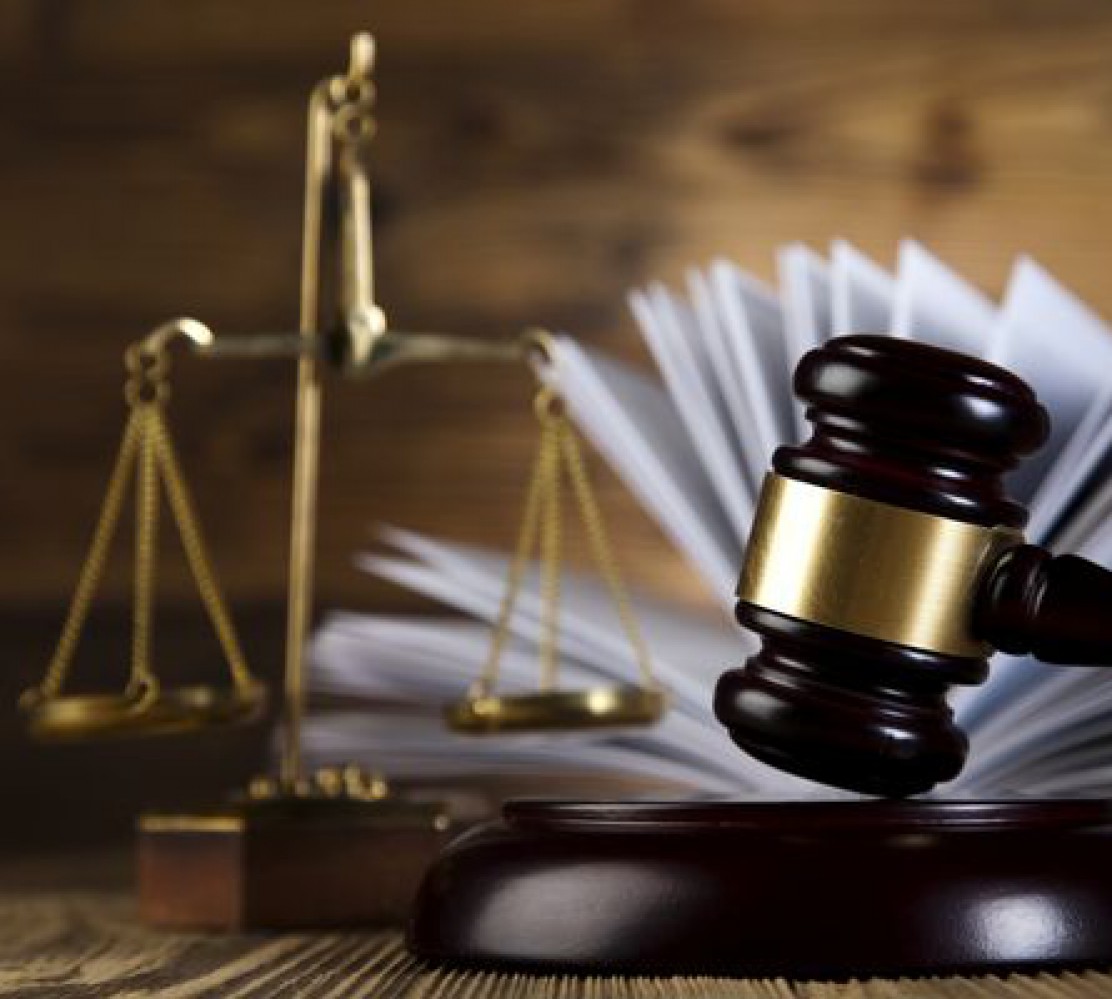Source : Daily Orange
By : Bridget McAllister
Category : Bail Bondsman in Sanford, Bondsman in Seminole County
The Chief Judge of New York, Jonathan Lippman, will preside over a public hearing on civil legal services in New York state at Dineen Hall Wednesday from 11 a.m. to 1 p.m. The hearing, which will be open to the public, will also be presided over by Chief Administrative Judge Lawrence Marks, President of the New York State Bar Association David Miranda and Presiding Justice Henry Scudder. Nina Brown, a professor of communications law in Syracuse University’s College of Law, defined civil legal services as assistance to middle- and low-income families with serious legal problems, which provide the public with necessities such as employment, healthcare, housing, government benefits and educational services. “Civil legal aids are critical in order to ensure equal justice under the law,” Brown said. “Laws that help people access basic necessities … are meaningless unless it’s possible for those who need them to access the law and the courts.”
The hearing will involve oral and written testimonies from concerned parties regarding a variety of related public legal issues, ranging from unmet needs in education, state housing and healthcare to state-wide funding and access to legal services, particularly in rural areas. Professor Suzette Meléndez, director of the Children’s Rights and Family Law Clinic, said there has been a greater push to get representation for parents who are advocating for their children within the city of Syracuse’s public school system. “A lot of it comes from a study that was done by a major California university that established that Syracuse issued disciplinary measures pretty severely in our school system, particularly for children who are of color or have special needs,” Meléndez said. “I’m hoping there will be more detail with regard to representation that those parents will receive that have consequences for their kids’ educational experiences.”
In regards to the issue of housing, Melendez said civil legal lawyers can help their clients with issues in housing by educating their clients and teaching what is and is not legitimate in establishing business relationships, such as issues with warranty or security deposits. In addition to receiving testimony, the hearing — one of a series of four — also hopes to reach solutions to issues like insufficient access to services and under-funding through updates in technology, expansion of the availability of private attorneys and involvement from volunteers and law school students, according to a notice of public health from the New York Courts website. Mary McNeal, a professor of professional legal responsibility in the College of Law, said there is a law firm at the College of Law in which law students provide free legal services.
McNeal said the hearing is an opportunity for students to observe the New York State Court of Appeals and its efforts to provide assistance to low-income people who can’t always afford a lawyer. “It stresses for students the importance of providing assistance throughout their career for people who can’t otherwise afford an attorney,” she said. McNeal said there is a need for more civil service attorneys because there are not enough lawyers to provide free legal services for low-income people, who can potentially be evicted and “lose all kinds of things” if they do not get a lawyer. The court system will grant oral testimony by invitation only to certain individuals and organizations that reach out to the court system in advance with prepared statements no more than 10 minutes in length, according to the notice.
Read More : dailyorange.com/2015/09/civil-legal-services-hearing-to-be-held-at-college-of-law/













